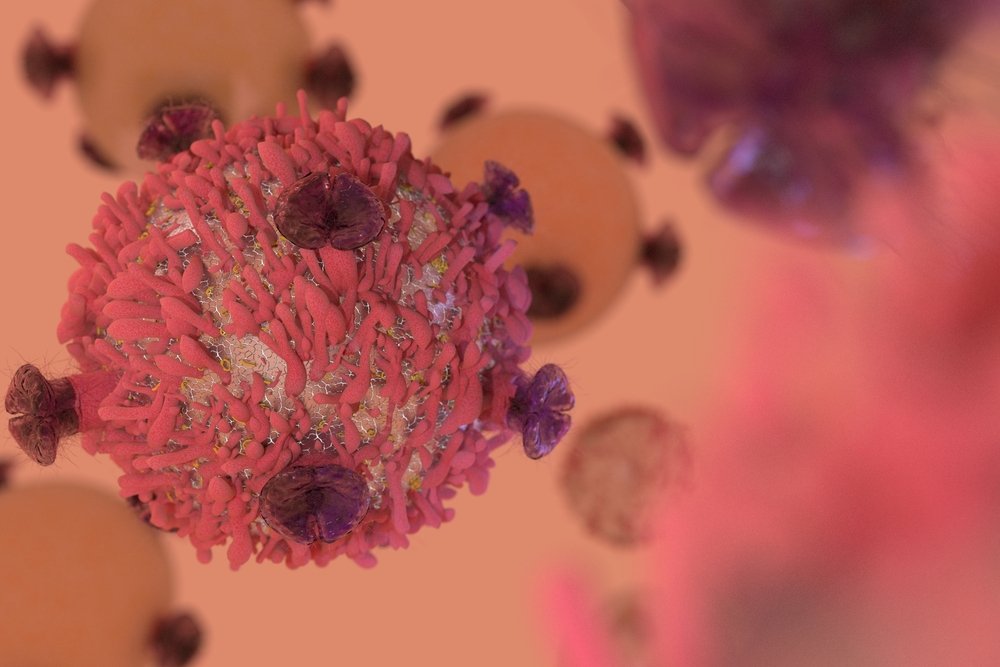Regen BioPharma Eyes Molecules Targeting Immune Protein NR2F6 as Lupus Therapy

A series of recently identified small molecules targeting a protein called NR2F6 could lead to new treatments for autoimmune diseases such as lupus, according to Regen BioPharma.
NR2F6 is a type of molecule called transcription factor that suppresses gene expression — the transcription of DNA into RNA, the molecule that is then translated into a protein.
NR2F6 regulates hormonal responses, controlling genes involved in immune responses as well in the ability of cancer stem cells to propagate. Among NR2F6-targeted genes are those responsible for the production of the pro-inflammatory molecule interleukin-17 in immune T-cells, and the thyroid hormone receptor gene.
The NR2F6 receptor in the nucleus has been proposed as an immune checkpoint, meaning that it inhibits the effects of immune cells. In cancer, compounds targeting this receptor have shown potential to transform cancer stem cells into normal cells.
Overall, Regen’s NR2F6 program intends to discover agonists (activators) that are expected to suppress the immune system in disorders in which the immune system is over-activated, such as autoimmune diseases, and blockers to boost the immune system’s potential to kill cancer cells.
“We have identified a handful of compounds representing three different structural classes that inhibit NR2F6 in our primary screening assay,” Harry Lander, PhD, Regen’s president and chief scientific officer, said in a press release.
Lander also said these compounds inhibited NR2F6 in a dose-dependent manner without causing toxic effects to cells. “Our next steps will focus on determining what effect they have on human immune cells,” he said.
According to the company, initial indications for NR2F6 activators include rheumatoid arthritis, inflammatory bowel disease and psoriasis, while indications for blockers include bladder cancer, myelodysplastic syndrome (a group of disorders caused by blood cells not formed or not working properly), and lung cancer.
Additional potential indications are solid tumors, acute leukemia and chronic graft-versus-host disease, which consists in the attack of the host’s cells by transplanted stem cells.
David Koos, PhD, Regen’s chairman and CEO, commented: “This is exciting for Regen to reach this point in its goal for developing therapies that treat autoimmune diseases.” He added that the newly identified compounds should help refine Regen’s screening for successful blockers to develop immunologically based cancer treatments.






